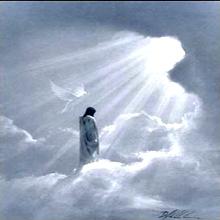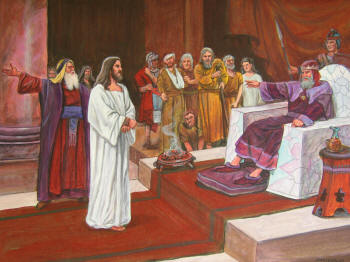HOSEA’S USE OF GENESIS THROUGH JUDGES
When was Genesis through Judges written? What is significant about Hosea’s use of Genesis through Judges?

“The word of the LORD that came to Hosea son of Beeri during the reigns of Uzziah, Jotham, Ahaz and Hezekiah, kings of Judah, and during the reign of Jeroboam son of Jehoash king of Israel”—Hosea 1:1 NIV
Jeroboam son of Jehoash of Israel reigned from 793 BCE to 753 BCE, and Hezekiah of Judah reigned from 715 BCE to 686 BCE, so Hosea’s prophetic years ran for at least for a minimum of 38 years, in the 8th century BCE, that is, from 753 BCE to 715 BCE. One thing that is significant about the Bible book bearing Hosea’s name is his use of Genesis through Judges, thus lending proof to the fact that these books had to have been written quite some time sometime prior to Hosea in the 8th century BCE. The reason that this is significant is that many “scholars” consider these books, Genesis through Judges, to be from the 6th century BCE, or even more recent. Another point of significance is that Hosea’s treatment of these Bible books shows how they were viewed through God’s interpretation of them during later Old Testament times, and also, in turn, gives us a better view of how the New Testament interprets the Old Testament.
 The book of Jude was written by Jesus’ half brother Jude some three decades after the start of Christianity. At this stage, we would expects to find some mention of the doctrine of the Trinity, if it is true. But, just like the rest of the scriptures, there is no mention of a Trinity in Jude.
The book of Jude was written by Jesus’ half brother Jude some three decades after the start of Christianity. At this stage, we would expects to find some mention of the doctrine of the Trinity, if it is true. But, just like the rest of the scriptures, there is no mention of a Trinity in Jude.


 Did Jesus claim to be God when he was in court, on trial for his life? Like Jesus’ enemies, Trinitarians often assert that Jesus was “claiming to be God” (
Did Jesus claim to be God when he was in court, on trial for his life? Like Jesus’ enemies, Trinitarians often assert that Jesus was “claiming to be God” (
